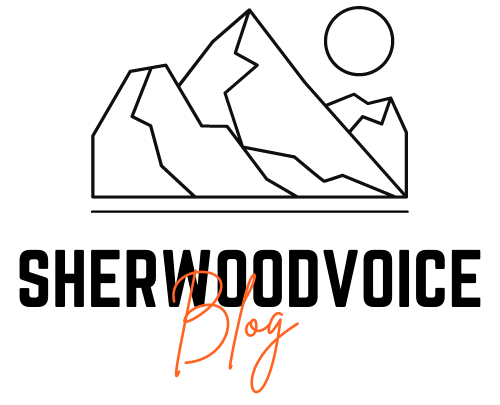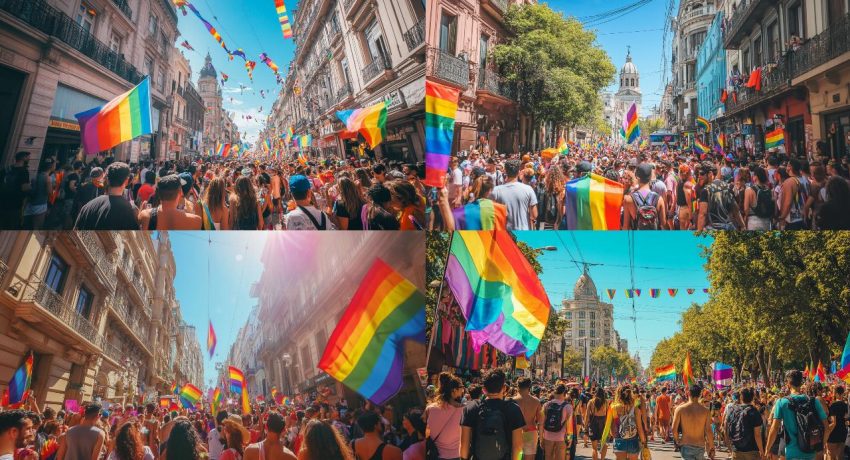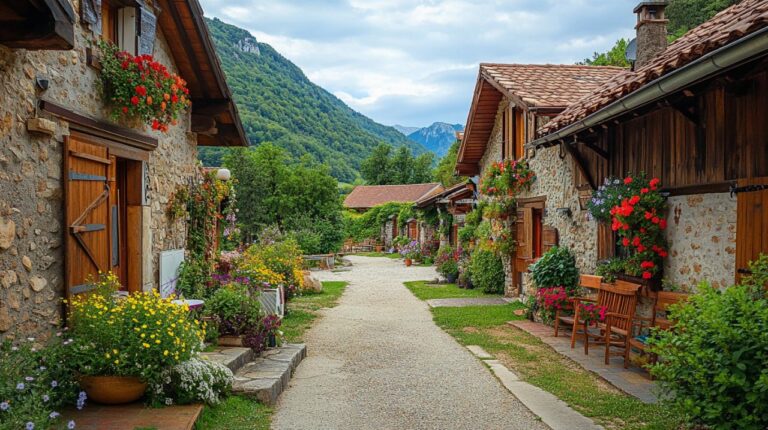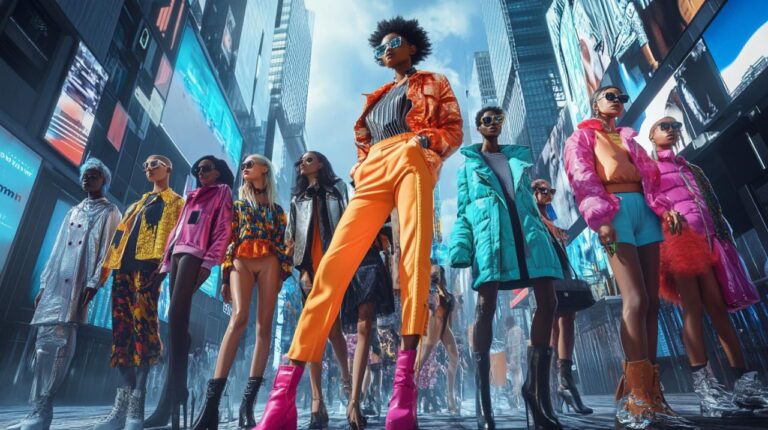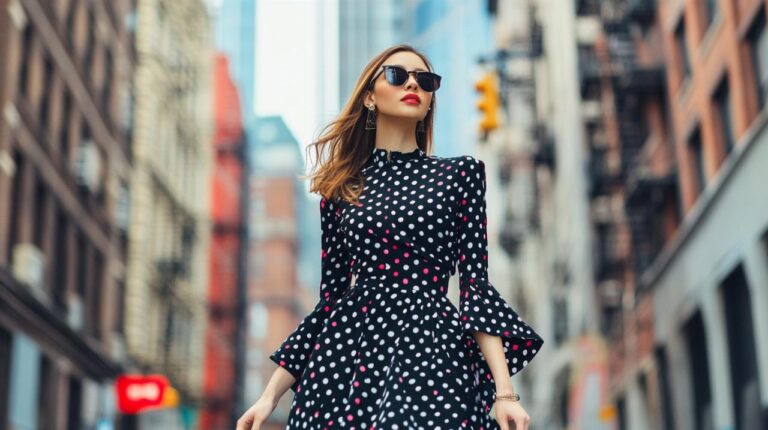Buenos Aires, often referred to as the ‘Paris of South America’, stands as a beacon for LGBTQ+ travelers seeking vibrant culture, historical significance, and modern acceptance. This Argentine capital offers a unique blend of European architecture, Latin American passion, and progressive values that make it an increasingly popular destination for queer tourists. As featured on walkabout-travel.de, Buenos Aires represents one of Latin America’s most welcoming and diverse environments for LGBTQ+ visitors and locals alike.
The Rich History of LGBTQ+ Acceptance in Buenos Aires
From underground movements to legal recognition
The journey toward LGBTQ+ equality in Buenos Aires has been remarkable and transformative. The first significant milestone occurred in 1967 with the founding of Nuestro Mundo, Argentina’s first LGBTQ+ rights group. This pioneering organisation laid the groundwork for future activism during a time when expression of queer identity was heavily restricted. During the military dictatorship between 1976 and 1983, the community found refuge in underground bars that served as sanctuaries where individuals could express themselves freely despite the oppressive political climate.
As democracy returned to Argentina, so did increased visibility for the LGBTQ+ community. Contramano, which opened in the 1980s, became a cornerstone of gay nightlife in Buenos Aires, representing a shift from hidden gatherings to more public spaces. The first Pride march in 1992, led by activist Carlos Jáuregui, saw only about 300 participants taking to the streets. Today, this annual November event attracts approximately 200,000 people, starting at the iconic Casa Rosada, demonstrating how dramatically acceptance has grown in just three decades.
Pioneering latin american LGBTQ+ rights
Argentina has consistently been at the forefront of LGBTQ+ rights in Latin America. In 2010, it became the first country in the region to legalise same-sex marriage, marking a historic victory for equality. This groundbreaking legislation was followed by the Gender Identity Law in 2012, which allows individuals to self-determine their gender without facing legal or medical obstacles. These progressive laws have established Buenos Aires as a haven for LGBTQ+ individuals throughout South America.
The city’s commitment to honouring its LGBTQ+ history is evident in landmarks such as the Carlos Jáuregui subway station, opened in 2017 as the first in the world named after a sexual diversity activist. With approximately 300,000 daily users, this station serves as a visible reminder of the city’s dedication to equality. Cultural spaces like Casa Brandon, an LGBTIQ+ cultural centre established in 2005, have provided platforms for queer expression, activism, and community building for nearly two decades.
Buenos Aires’ vibrant LGBTQ+ nightlife and community spaces
Palermo and San Telmo: The Heart of Queer Buenos Aires
Palermo stands as the epicentre of trendy LGBTQ+ life in Buenos Aires, with its tree-lined streets housing numerous gay-friendly establishments. Visitors can explore the neighbourhood’s famous street art, with tours costing around $20 USD to view approximately 100 vibrant murals. The area is home to popular venues like Peuteo, a gay-friendly bar open Wednesday to Sunday from 6 p.m. to 3 a.m., offering a welcoming atmosphere for locals and tourists alike. For those seeking accommodation in this lively district, the Vitrum Hotel provides stylish lodging within walking distance of many queer venues.
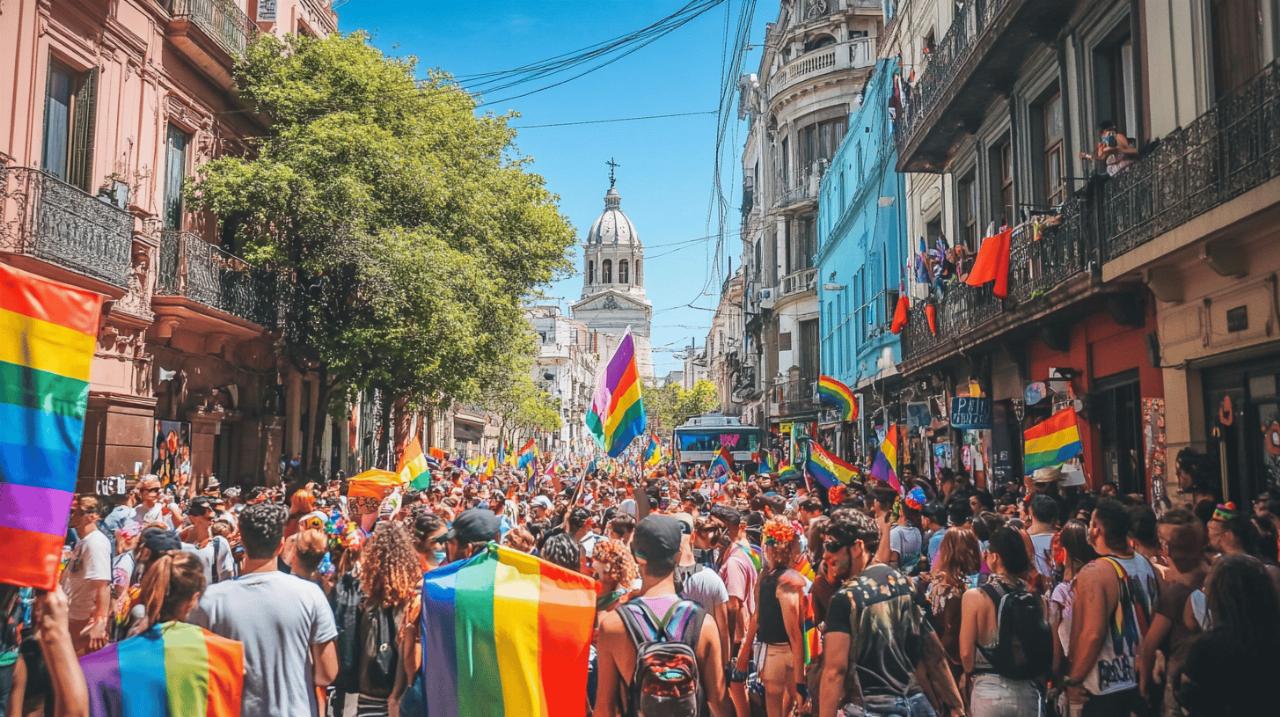
San Telmo, with its cobblestone streets and historic charm, offers a different flavour of LGBTQ+ culture. This neighbourhood is known for Milonga Queer, where traditional tango is reimagined to embrace all gender expressions and sexual orientations. The dance, once bound by strict gender roles, has found new life in these inclusive spaces. YÖBLA.BAR exemplifies the community-oriented spirit of San Telmo, providing an intercultural gathering place for diverse queer identities. Meanwhile, Recoleta, with its intellectual atmosphere and rich history, completes the trinity of Buenos Aires’ most LGBTQ+ friendly neighbourhoods.
Annual pride events and cultural celebrations
The Buenos Aires Pride March, locally known as Marcha del Orgullo, has grown from its humble beginnings in 1992 to become one of the largest Pride celebrations in South America. This November event transforms the city into a rainbow-coloured festival of acceptance and joy. Beyond this annual highlight, Buenos Aires offers year-round celebrations of queer culture through venues like Club 69 at Niceto Club, which hosts legendary Thursday night parties that blend performance art with electronic music.
For women in the community, Rose Girls provides dedicated spaces with parties on Thursdays and Saturdays, plus larger events on Sundays. La Jolie Party offers free entry every Wednesday in Palermo from 11 p.m. to 4 a.m. for those over 18, creating another regular celebration of queer identity. The city’s cultural scene extends beyond nightlife to include spaces like Feliza Bar, which functions as a café, bar, and creative hub where the LGBTQ+ community can gather during day and night hours, Wednesday through Sunday. Even traditional Argentine experiences have been reimagined through a queer lens, with Madero Tango offering dinner shows that showcase the passion of tango while embracing modern values of inclusivity.
Buenos Aires continues to evolve as a premier destination for LGBTQ+ travelers, blending historical significance with contemporary acceptance. From enjoying Argentinian culinary delights at trendy steakhouses like La Cabrera to experiencing wine tastings featuring five different Argentine wines, visitors can immerse themselves in local culture while feeling welcomed and celebrated. The spirit of Buenos Aires as an LGBTQ+ haven in Latin America makes it not just a destination, but an experience that embodies the progress of queer acceptance and celebration worldwide.
